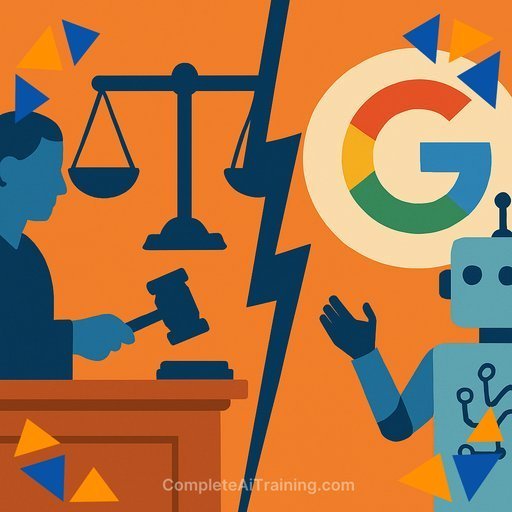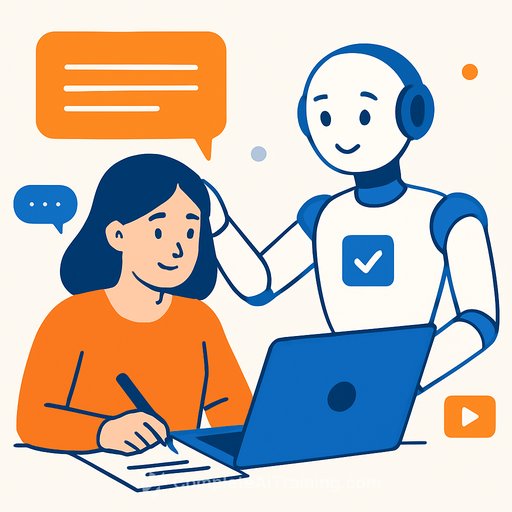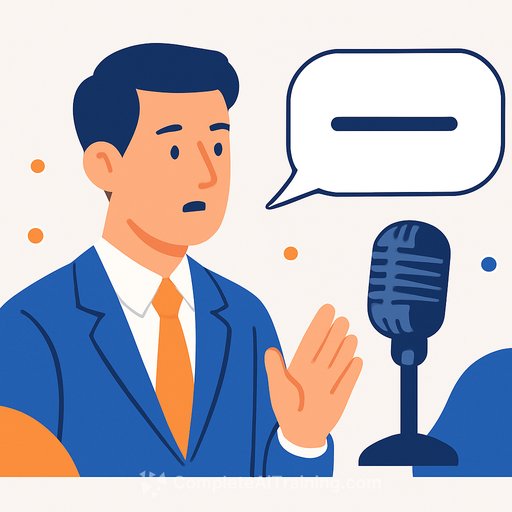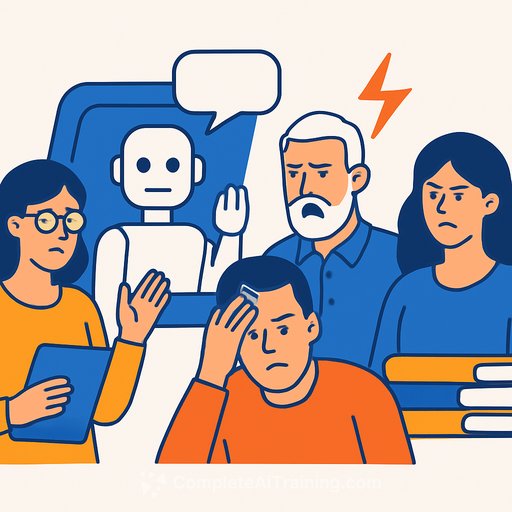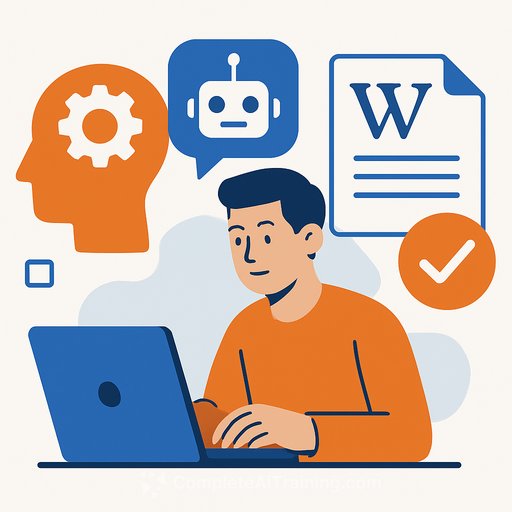The AI Copyright Crucible: What Google's Lawsuit Means for Writers
Writers are at the center of a lawsuit that could reset how AI is trained and how creative work is valued. In re Google Generative AI Copyright Litigation alleges Google trained models like Imagen, PaLM, GLaM, LaMDA, Bard, and Gemini on copyrighted works without permission or payment.
The case targets the core of AI training: scraping text and images, learning patterns, and producing new outputs. What the court decides will affect who gets paid, how models are built, and how your work is protected.
The case at a glance
Prominent creators-including Jingna Zhang, Sarah Andersen, Hope Larson, Jessica Fink, and Jill Leovy-argue their works were used to train Google's models. They claim the training process makes unauthorized copies and creates derivative works embedded in the model's "weights."
Google is expected to lean on "fair use," arguing the learning process is transformative pattern recognition. As of October 17, 2025, the plaintiffs have asked a California federal judge to grant class certification, a move that could expand the case to cover many more creators.
The technical crux
Large models learn statistical patterns from massive datasets. Plaintiffs argue that the learned parameters store protected expression, making the model-and some outputs-traceable to copyrighted inputs.
Supporters of the defense say training is analysis, not copying; critics counter that outputs can echo style and substance without consent or credit. The law was built around human creators, not probabilistic models, so definitions are being tested in court.
Why this matters to writers
If the plaintiffs win, AI companies may need licenses, creator registries, and data audits. That could open new income channels for authors and journalists while forcing tech firms to pay for training data or remove copyrighted material from models.
If Google prevails, training on public web data likely continues with tighter scrutiny. Expect pressure for legislation, clearer opt-out signals, and more transparent dataset sourcing.
Practical moves for working writers now
- Register your work. It strengthens legal standing and damages. Start here: U.S. Copyright Office registration.
- Add provenance and credits to your files. Adopt Content Credentials (C2PA) to attach verifiable metadata: C2PA.
- Use opt-out signals where available (robots rules, noai/noimageai tags), knowing compliance varies by crawler.
- Update contracts. Reserve "no training" rights, require attribution on excerpts, and add no-scrape, no-derivative, and indemnity clauses.
- Track reuse. Set alerts for distinctive phrases, monitor platforms, and keep dated drafts and archives as evidence.
- Join collective efforts (e.g., writer and journalist organizations) to push for licensing frameworks and better platform policies.
- Package licenses. Offer syndication and training-safe licenses with clear terms, pricing tiers, and audit rights.
- Document AI in your workflow. Keep a log of prompts, tools used, and edits so you can prove authorship and originality.
What to watch next
- Class certification: If approved, the case impact and potential damages increase.
- Fair use rulings: Whether training and model weights count as copying or transformation.
- "Unlearning" feasibility: If courts require purging data or retraining, can labs comply at scale?
- Licensing deals: Look for agreements between AI labs and creator groups as a template for payouts.
- Regulatory moves: New rules in the U.S., EU, and UK could set default permissions or opt-out baselines.
Scenarios and how to hedge
If creators win: expect licensing marketplaces, collective bargaining, and standardized metadata. Prepare by registering your catalog, organizing rights, and packaging works for bulk licensing.
If Google wins: assume training continues while platforms refine policies. Strengthen your brand, deepen reader relationships, and focus on work that relies on access, reporting, voice, and trust-areas models struggle to replicate credibly.
Bottom line for writers
This case is a rare chance to reset incentives for original work. While courts sort definitions, build leverage: clear rights, clean metadata, active contracts, and evidence trails.
Whether payouts come from licenses or policy shifts, the writers who benefit will be those prepared with registries, offers, and proof of authorship.
Build skills without giving up your rights
Want practical training on AI workflows that respect creator rights? Explore job-specific learning here: Courses by Job. For tool picks that support writer workflows, see: AI Tools for Copywriting.
Your membership also unlocks:

